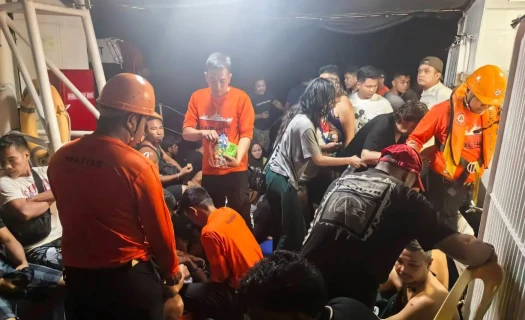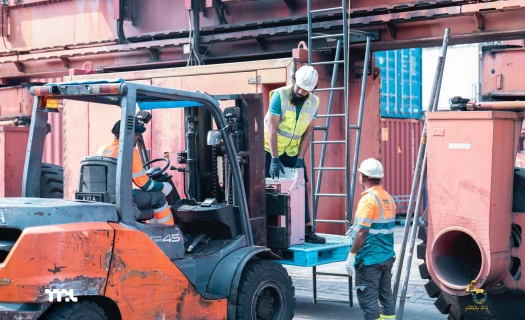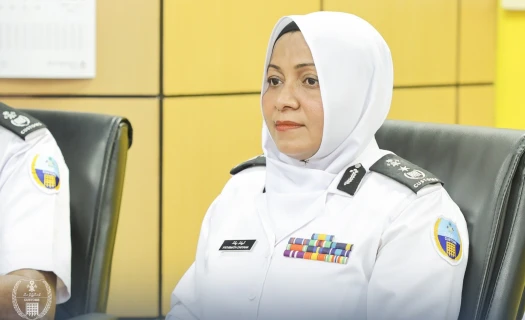Tue, 27 Jan 2026
|DHIVEHI
Maldives leads the world in eliminating HIV, Syphilis, and Hepatitis B transmission from mother to child
13 Oct 2025
|

World Health Organization headquarters in Geneva --- Photo: Fabrice Coffrini
President Dr Mohamed Muizzu has congratulated the Maldives for making history as the first country in the world to eliminate mother-to-child transmission of HIV, syphilis, and hepatitis B.
In a message shared on X, the President said the achievement, validated by the World Health Organization (WHO), was a remarkable moment for the nation. He extended appreciation to health professionals, communities, and international partners whose commitment made the success possible.
The recognition follows years of sustained investment in maternal and child health. The Maldives had already been validated by WHO in 2019 for eliminating transmission of HIV and syphilis, with hepatitis B now added to complete the ‘triple elimination’. WHO noted that the country is the first globally to reach this benchmark.
National data highlighted that over 95 per cent of pregnant women in the Maldives receive antenatal care, with near-universal screening for HIV, syphilis, and hepatitis B. The country’s immunisation system has ensured consistently high coverage, with newborns receiving the hepatitis B birth dose on time and national surveys confirming no new HIV or syphilis cases in infants in 2022 and 2023. A 2023 survey also found zero hepatitis B among first-grade schoolchildren, surpassing elimination targets.
WHO said the achievement was a product of integrated care, universal health coverage, and close collaboration between Government agencies, private health providers, civil society, and international partners. It pointed out that the Maldives invests over 10 per cent of GDP in health and guarantees free antenatal care, diagnostic services, and vaccines to all residents, including migrants.
Health Minister Abdulla Nazim Ibrahim described the achievement as a reflection of the Government’s priority to build resilient and equitable health systems that leave no one behind. WHO representatives also said the milestone provides hope to other countries and sets an example of how sustained investment and community-based care can change the trajectory of public health.
The Government has pledged to sustain the elimination by strengthening digital health systems, improving laboratory quality, and expanding targeted interventions for key populations and migrants. WHO has committed to continuing technical support to help the Maldives maintain its elimination status and progress towards broader maternal, child, and adolescent health goals.








